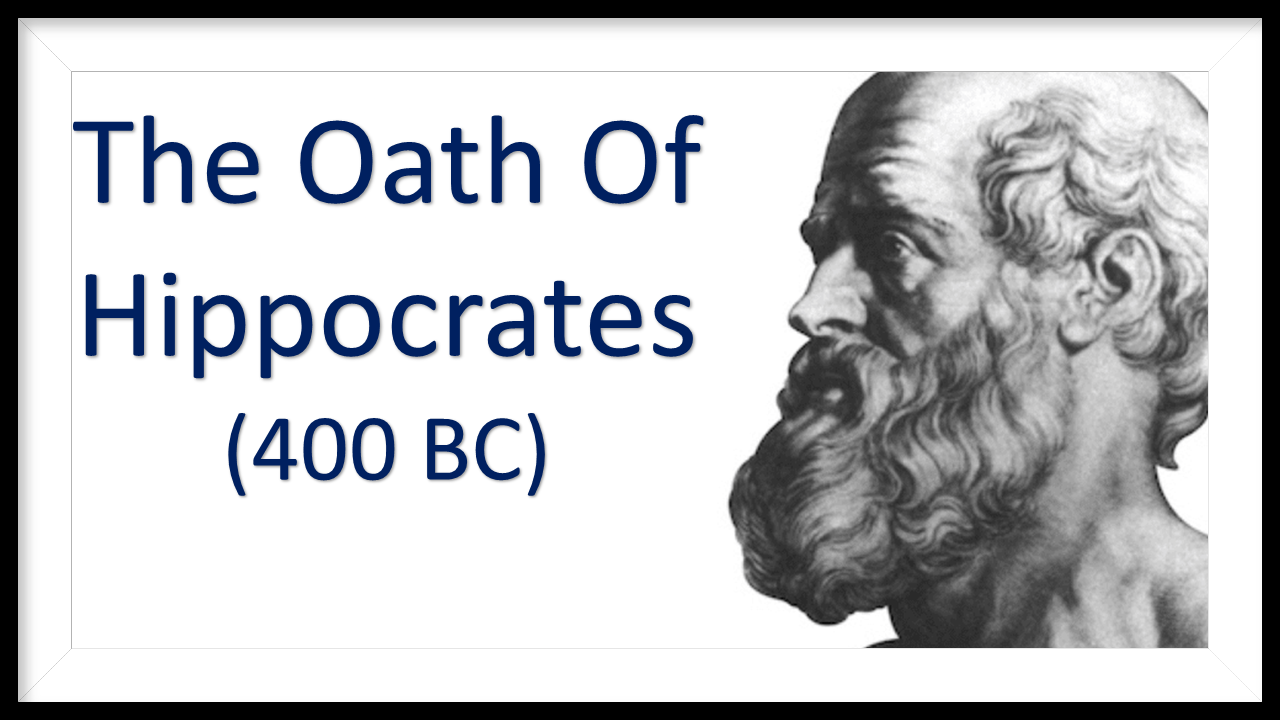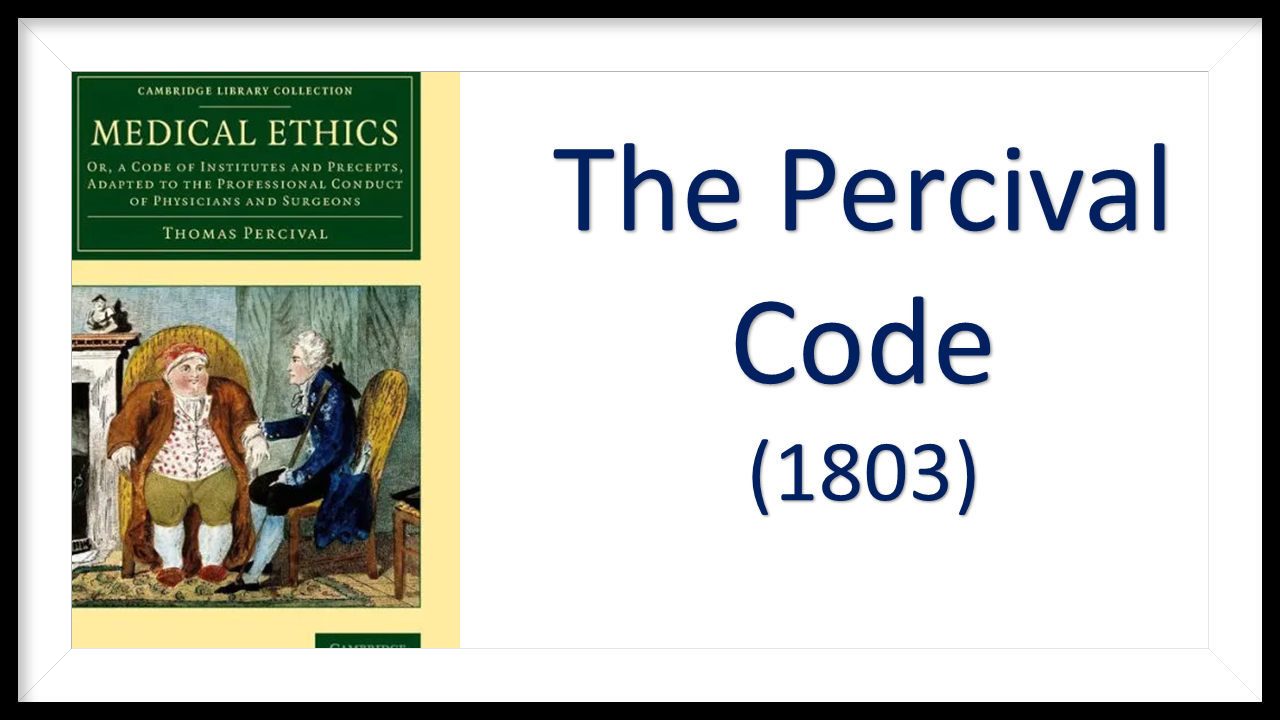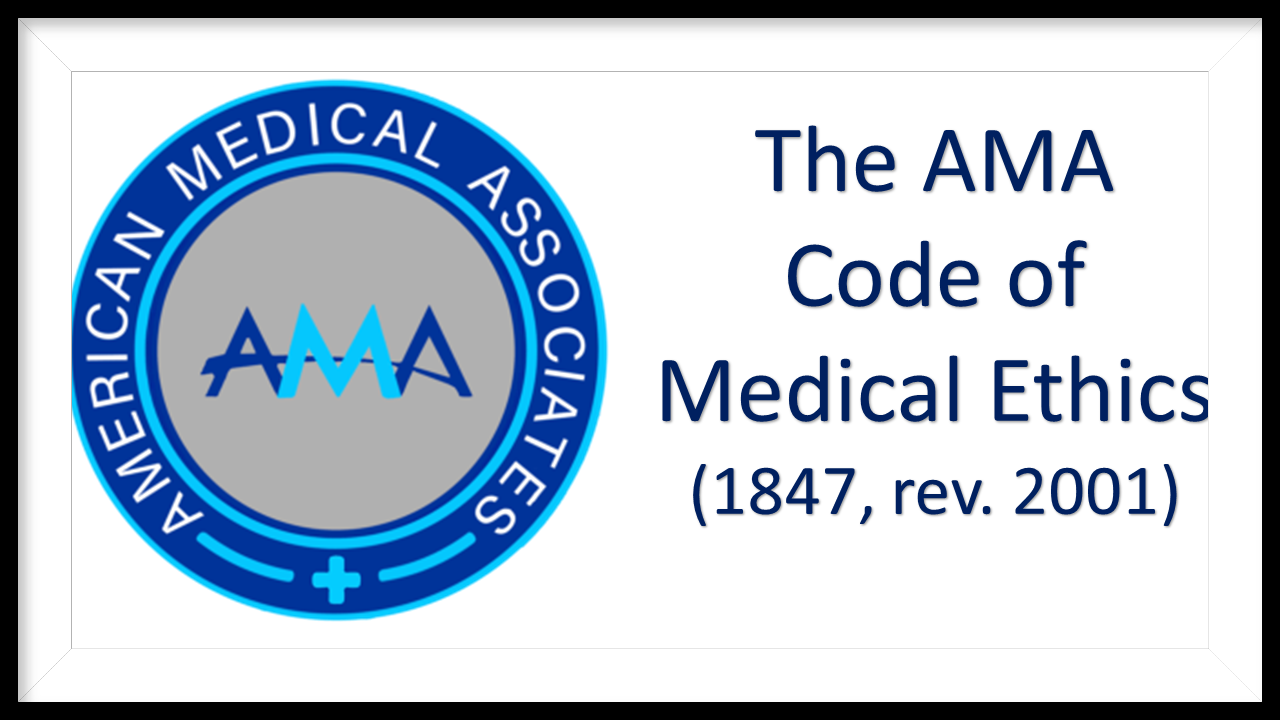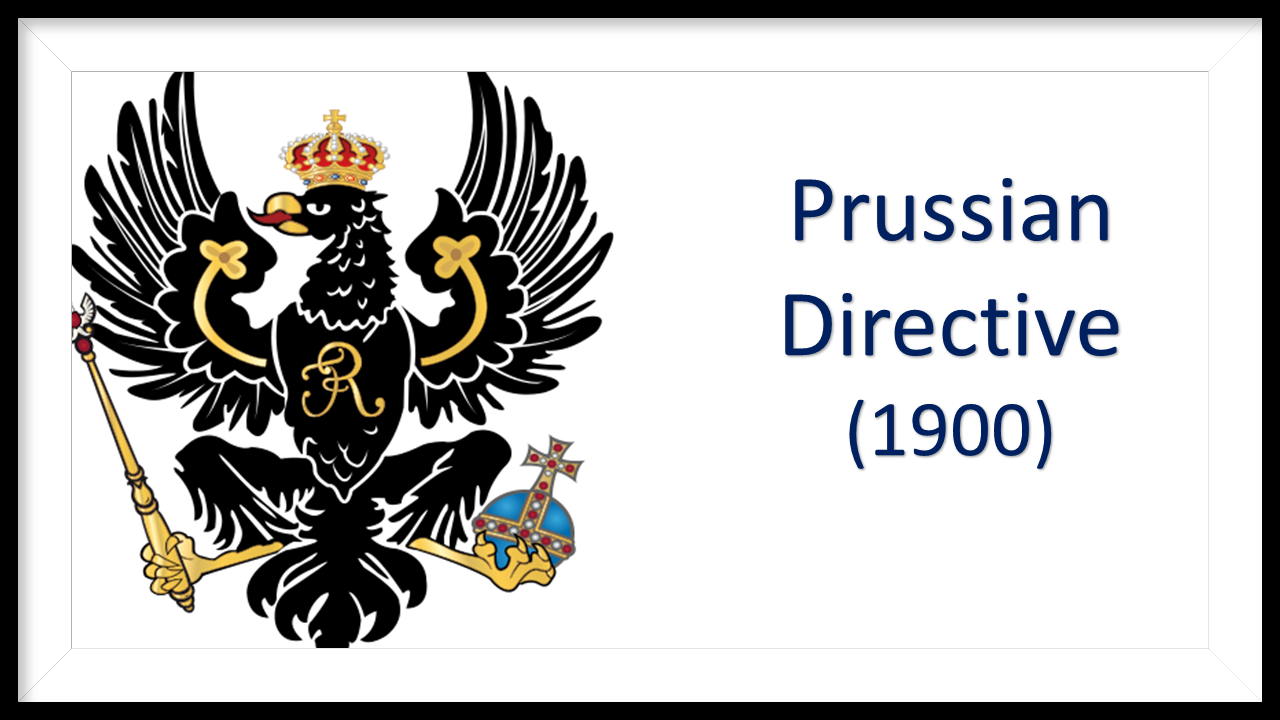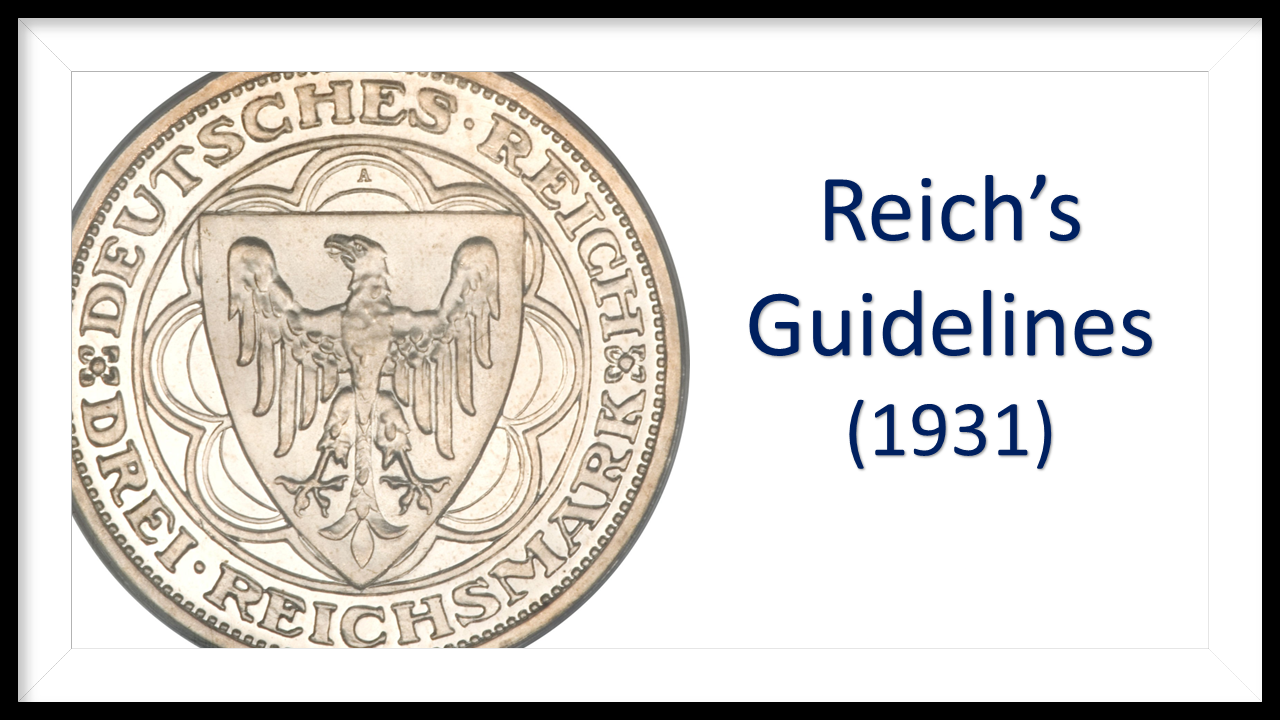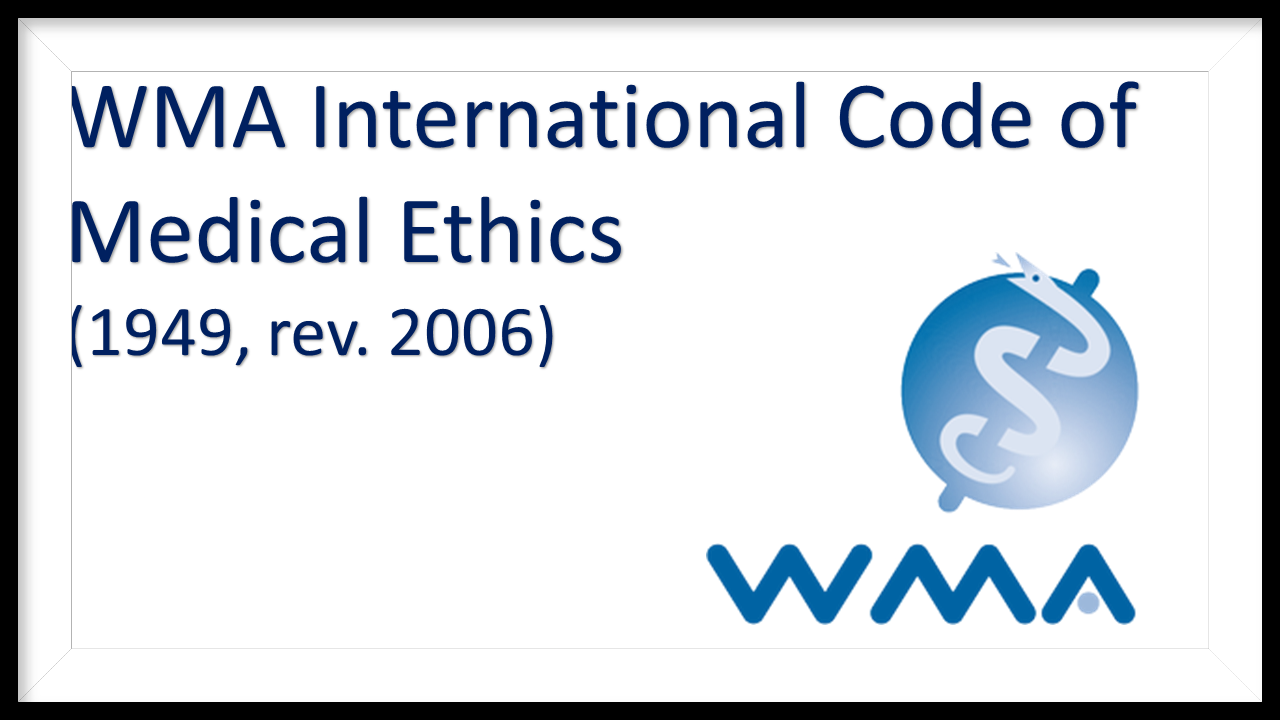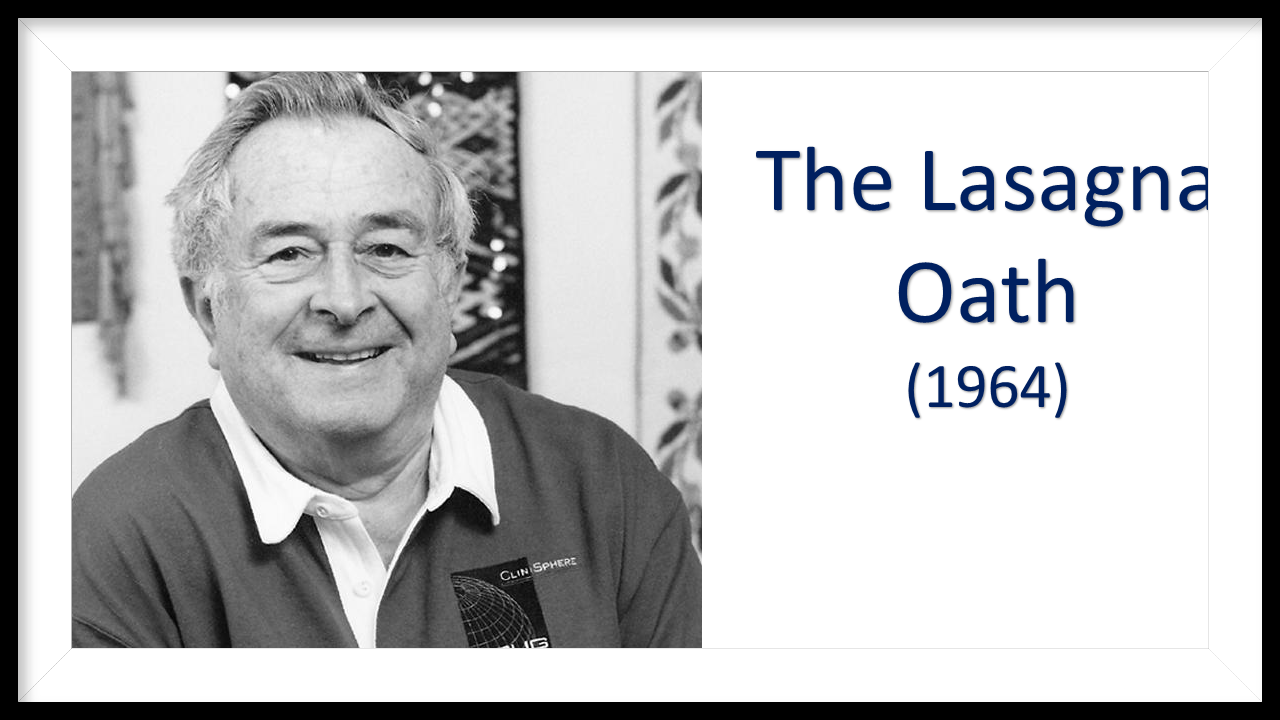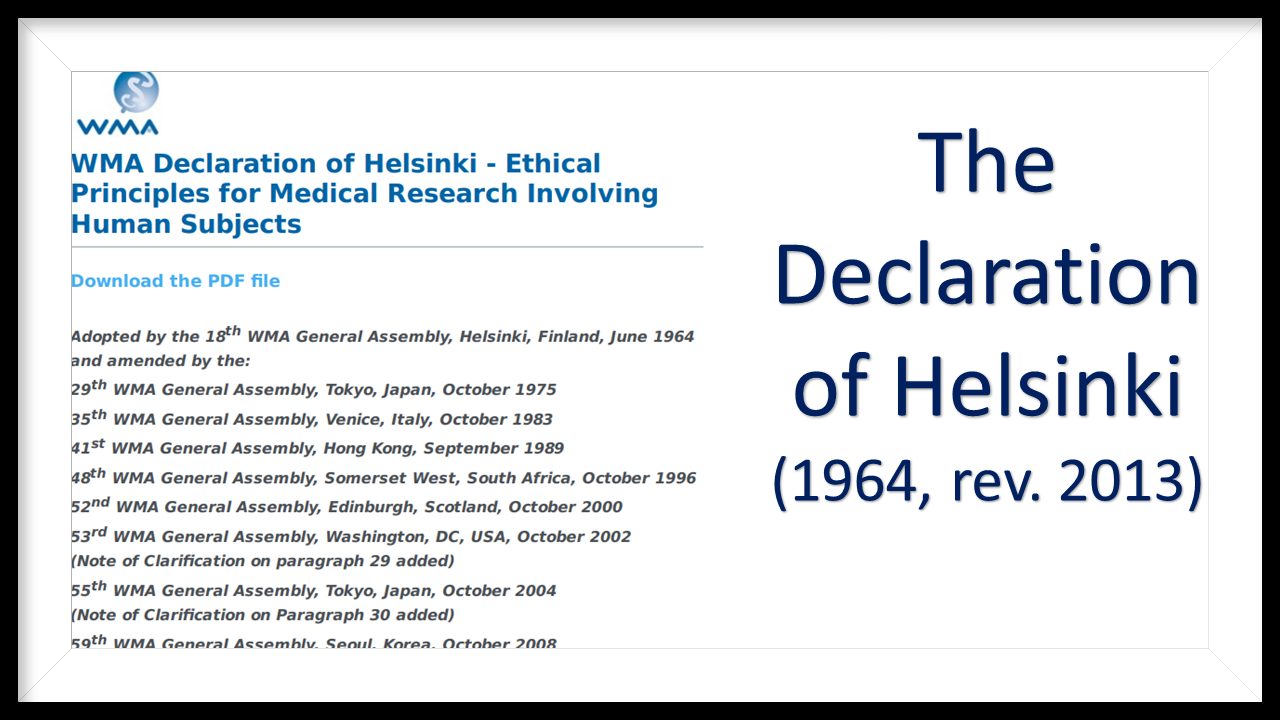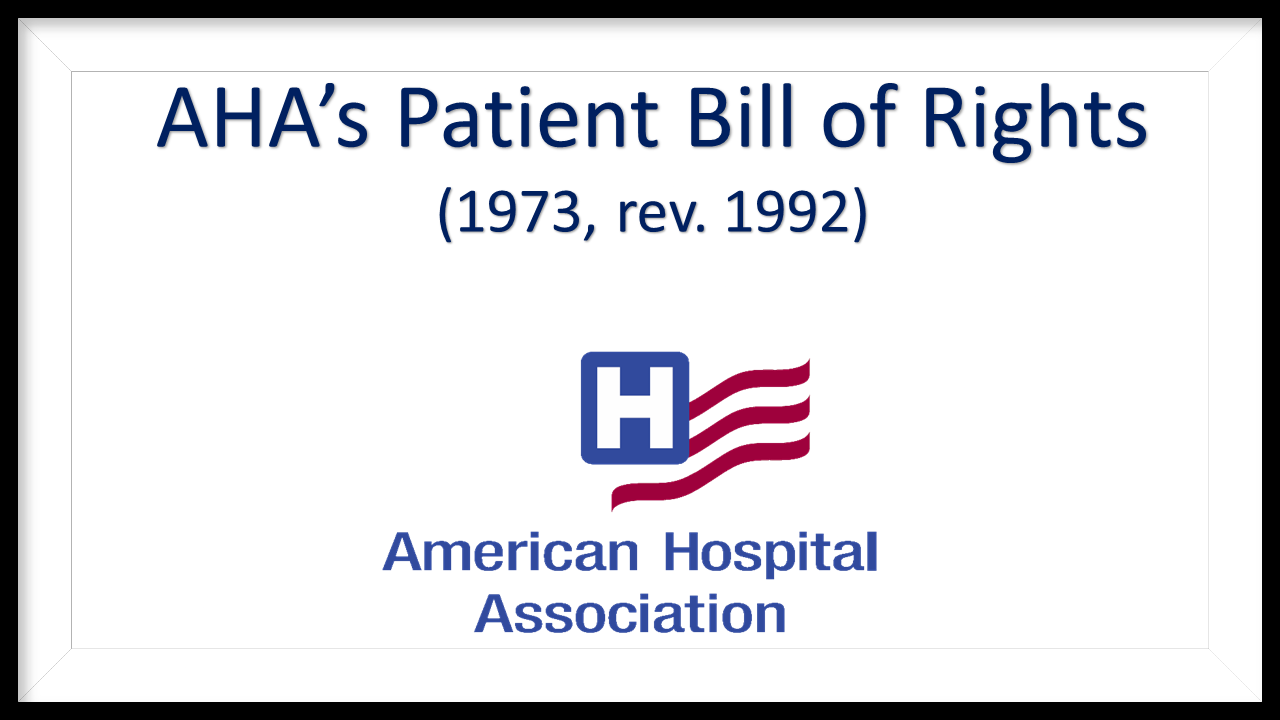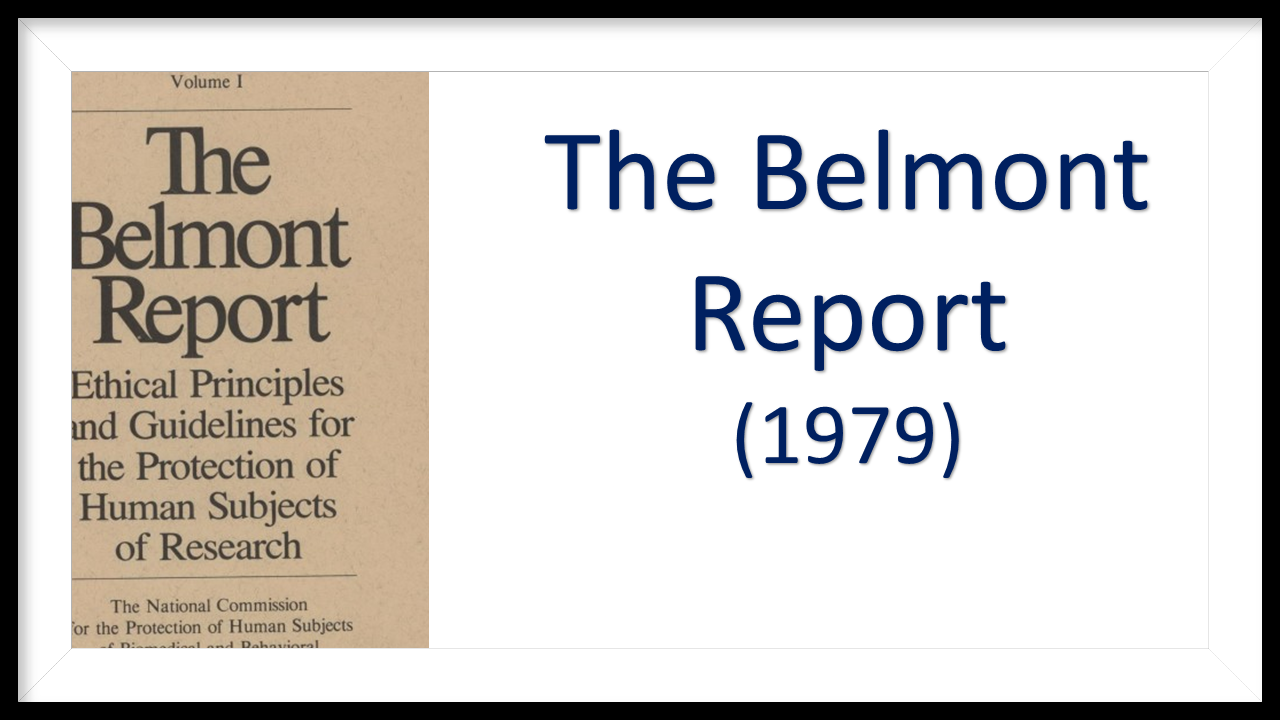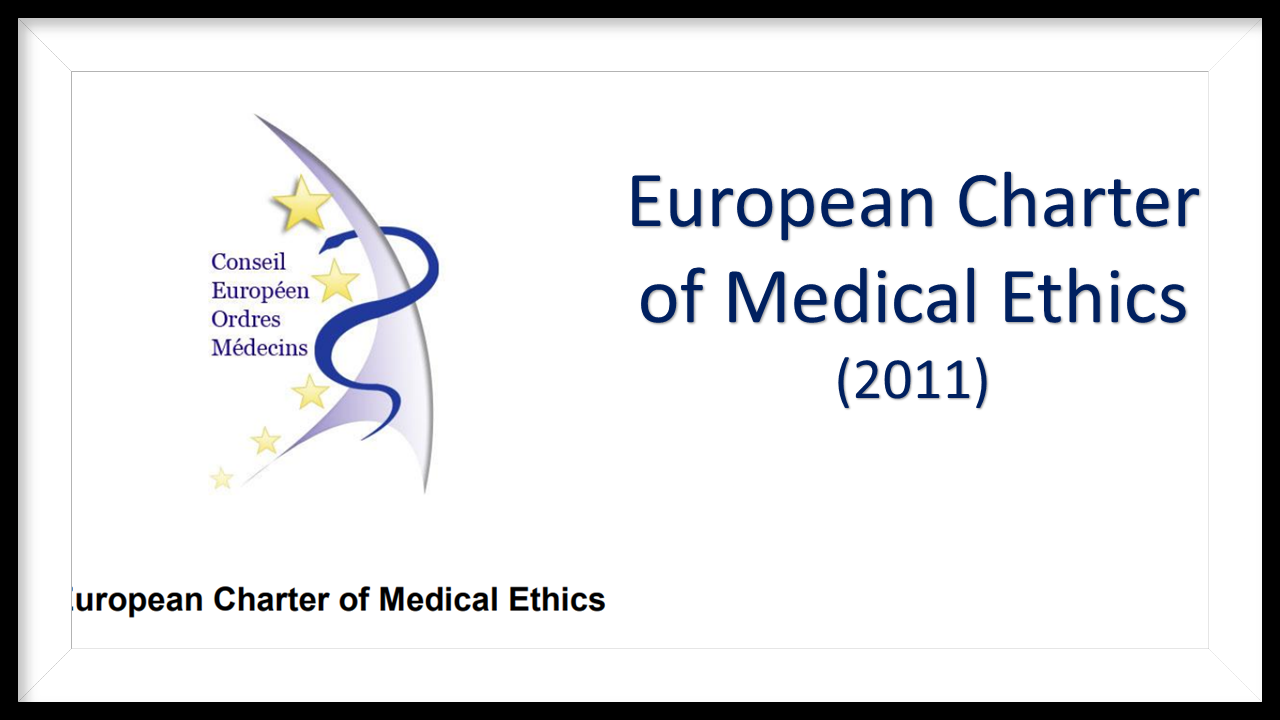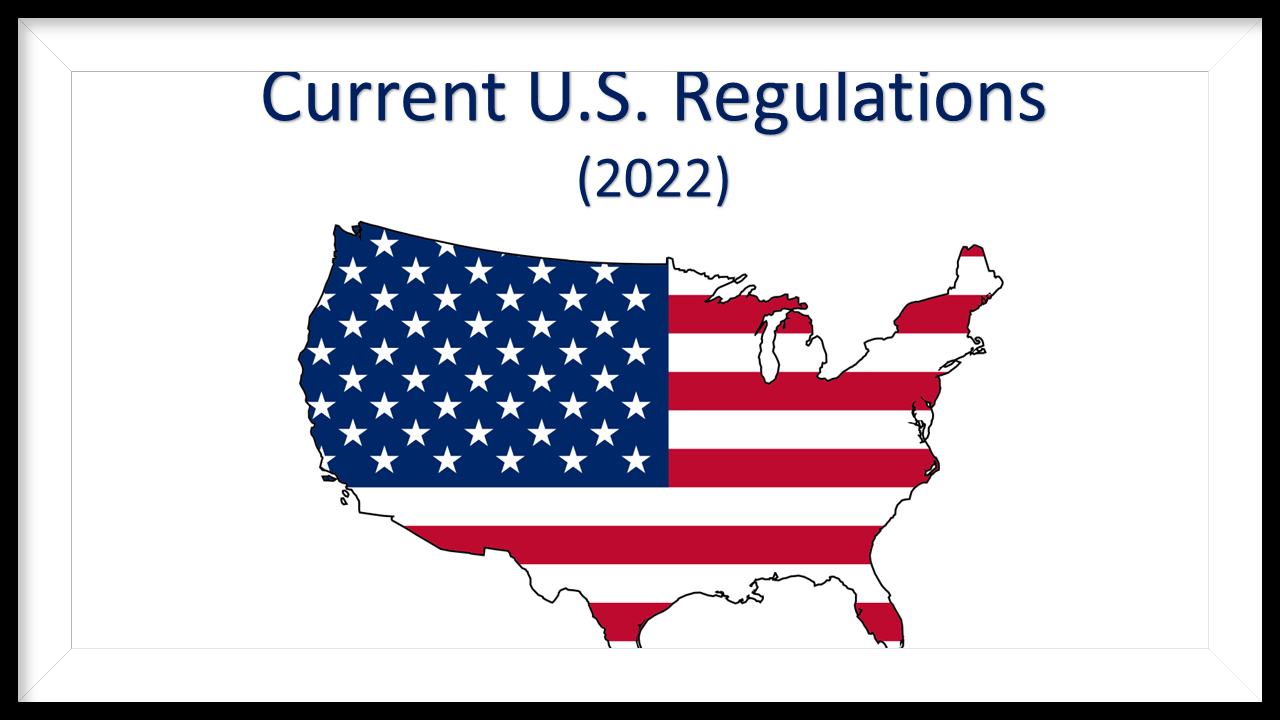
Follow VAERS Explorer on Social Media
Prussian Directive
(1900)
European physicians and scientists only began discussing ethics in human medical experiments around 1850. In 1900, the Neisser affair led to the adoption of a directive regulating medical experimentation in the State of Prussia, current Germany.
In the late 1800s, biomedical research became a significant business for German medical professionals. In 1883, Germany introduced a national health insurance scheme. Medical facilities that performed science used their research as a basis for state subsidies. German regulations on biomedical research date back to 1890, yet, the social and peer controls on physician behavior were missing. In 1892, the Prussian Ministry of Culture published a report on biomedical research where it questioned the permissibility of human experimentation. The report distinguished between novel investigations and exploration of established knowledge and suggested a ban on dangerous experiments except for terminally ill patients. The effort had minimal effect on actual practice.
In 1859, two French physicians were prosecuted and fined for deliberately infecting hospital patients with syphilis. The affair became a hot topic in professional circles but never reached the popular press. In the U.S., the subject of ethics in human medical experiments only emerged in the 1870s when a group of American physicians returned to the U.S. from studies in Europe.
The concept of patient consent became a widely discussed topic in the German professional press due to some controversial experiments. In 1890, Berlin surgeon Eugen Hahn took a section of a tumor from a woman with breast cancer and implanted it into her other breast to study its spread. This experiment drew widespread criticism, yet, Hahn's professional standing remained undamaged.
In 1891, French Académie de Médecine condemned a similar experiment by Victor Cornil and barred him from presenting the results. Social controls such as peer response and professional body denunciation halted such experiments in the U.S. and Britain. Robert Koch's career survived his early experiments with tuberculin in 1890. However, in 1891, the Prussian government forbade the use of tuberculin against a patient's will.
In the early 1900s, the advances in biological sciences and ready access to the urban poor in hospital facilities enabled the transition from observational to interventional research. The poor willingly traded access to treatment for participation in education and research. At the same time, the medical profession became subject to licensing in most of Europe, and the states became more involved in providing healthcare to their citizenry.
The medical profession in Germany succeeded in its efforts to claim the right to experimentation on humans, keeping the oversight of their trade from public view. In 1900, The State of Prussia established Medical Courts of Honor. However, as it turned out, most of their caseload concerned transgressions against colleagues rather than mistreatment of patients.
In 1892, the Neisser affair triggered a crisis of confidence among the German public. A professor of dermatology and venereology Albert Neisser, intentionally infected his female patients with syphilis, some of them minors. Neisser presented the injections as routine treatment for other conditions, and no consent was sought. Four of the women, all prostitutes, later developed syphilis. Although it was not clear whether the serum they received was the cause of their illness, it sparked public outrage as a popular newspaper picked up the case. Neisser was later fined and reprimanded in disciplinary proceedings. An influential academic lawyer Ludwig von Bar, from Göttingen, argued that medical intervention without consent constituted an assault.
Consequently, the Ministry issued a directive banning any medical intervention that did not serve diagnostic, therapeutic or immunization purposes without informed consent. Medical experimentation in minors and incompetent patients was banned altogether. A commission formed to monitor compliance only prosecuted six insignificant cases until its dissolution in 1913. The directive had no impact beyond Prussia.
In 1902, influential German neurologist, psychiatrist, and sexuologist Albert Moll (1862 - 1939) published 600 contemporary case studies in his encyclopedia of medical misconduct Ärzliche Ethik (Medical Ethics). Moll firmly believed in patient self-determination and argued that the contract between patient and physician did not give the physician any right to introduce treatments that the patient did not specifically request. In his comments on clinical experimentation, he advocated for the interests of his patients and rejected Social Darwinism and eugenics that were becoming popular in the German medical community.
The Prussian directive (1900) and Moll's works on medical ethics had a limited impact on the practice of medicine and clinical experimentation in Bismarck's Germany. The practice of widespread clinical experimentation in hospitals continued through World War I and the interwar period through the 1930s.
References:
Dingwall, R., & Rozelle, V. (2011). The Ethical Governance of German Physicians, 1890–1939: Are There Lessons from History? Journal of Policy History, 23(1), 29-52. doi:10.1017/S0898030610000308 Available at: https://www.cambridge.org/core/journals/journal-of-policy-history/article/abs/ethical-governance-of-german-physicians-18901939-are-there-lessons-from-history/849163A5A9833462C457DC366D9AB838
Vollmann, J., & Winau, R. (1996). Informed consent in human experimentation before the Nuremberg code. BMJ (Clinical research ed.), 313(7070), 1445–1449. https://doi.org/10.1136/bmj.313.7070.1445 Available at: https://www.ncbi.nlm.nih.gov/pmc/articles/PMC2352998/
Maehle A. H. (2012). 'God's ethicist': Albert Moll and his medical ethics in theory and practice. Medical history, 56(2), 217–236. https://doi.org/10.1017/mdh.2011.34 Available at: https://www.ncbi.nlm.nih.gov/pmc/articles/PMC3381533/
Last updated: September 10, 2022
Milestones in Medical Ethics
Follow VAERS Explorer on Social Media


